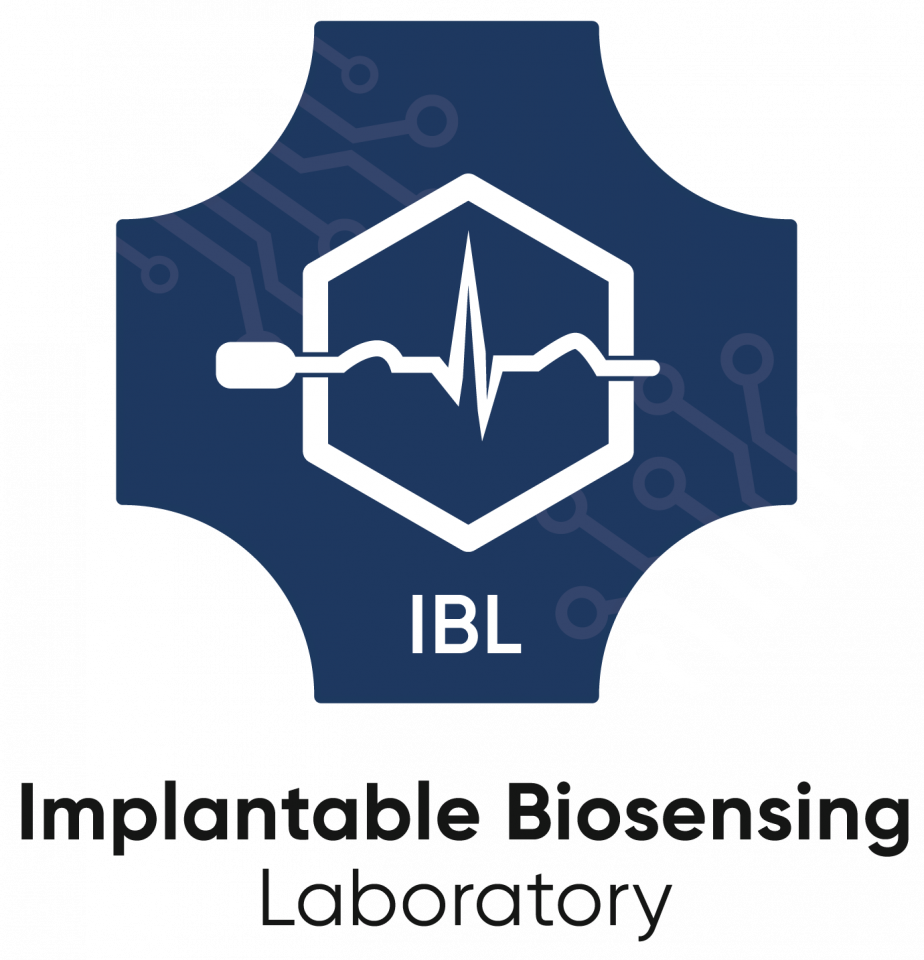“We can manage medical conditions that we can monitor.”
At IBL, we investigate advanced biosensing techniques and sciences. Our primary focus is the design, development, and examination of novel implantable biosensors and their clinical applications.
The ability to monitor physiology, metabolism, and function of internal organs and tissues during the course of treatment and care, particularly following surgical interventions, is a significant need in modern medicine. Over the last twenty years, clinical interests and the need for continuous monitoring of tissue and organ physiology, viability, and function have fostered breakthrough innovations in continuous bio-sensing technologies. Consequently, related fields such that external and internal implantable biosensors are active components of today’s health and clinical cares.
Recent advancements in the fabrication and packaging of microelectronic and optical components, conductive power supplies, and wireless transmission technologies have led to huge leaps in developing novel transcutaneous and implantable biosensors. Advancements in biomaterials have also enabled new possibilities for long-term implantation of miniaturized sensor components inside the body, proximate to the target tissues. With powerful portable computers equipped with intelligent diagnostic and monitoring algorithms, the biosensors can measure various diseases’ parameters and biomarkers and monitor the physiology and functional status of injured tissues. Collected data can either be transferred to a bedside monitor to trigger a specific action or to a remote center with options for auto-response based on what the sensors are reading.
Implantable biosensing technologies offer great promises for promoting patient care and improving outcomes in trauma patients, organ transplants, chronic diseases and tissue regeneration medicine. By providing critical information and guidance on health management and continuous tracking at the bedside and remote care, these diagnostic and monitoring technologies can improve treatment outcomes while reducing healthcare complexity, human interactions, and costs.
Under artificial intelligence, when paired with a continuous treatment or drug delivery, an implantable biosensor can establish an intelligent closed-loop system to overcome an unsolved clinical challenge, e.g., artificial pancreas in diabetic patients.
